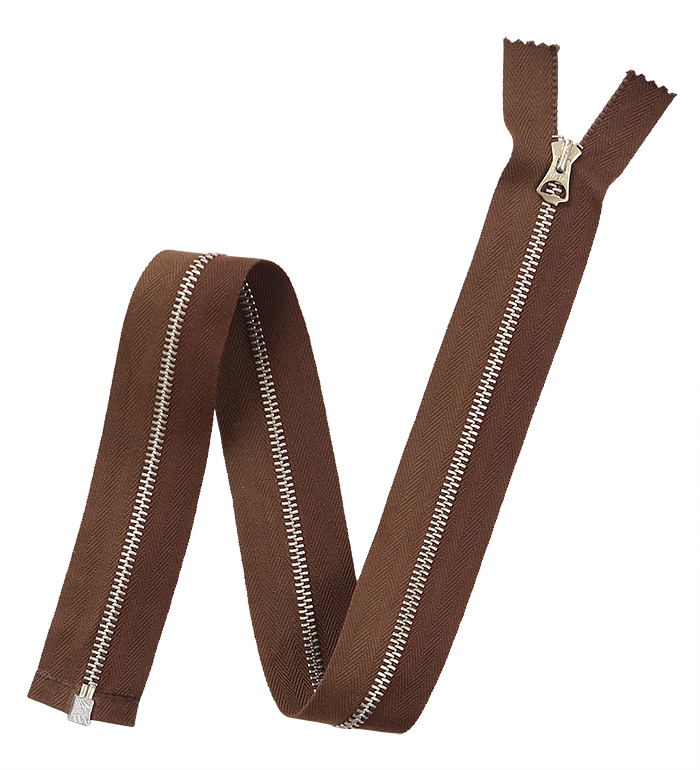And I also cannot really use either of them that much nevertheless the networks We have, I guess for my situation which is me verifying my need to disassociate from real life, and that’sn’t one thing I fundamentally might like to do.
Regardless of the historical attraction between non-heterosexual men and online relationships and chat communities (Campbell 2004 ; Mowlabocus 2010 ), players extremely privileged embodied experience
Members in addition mentioned about bad proportion of online dialogue to in-person meet-ups, showing their unique problems because of the restricted social or intimate link the applications have fostered on their behalf. Malcolm (23) have formerly spoke thoroughly to boys on line, however minimises web conversation in hopes of expediting an actual encounter. The guy cautions: a€?it is really overestimated, the amount of people that actually see on Grindr […] for a number of anyone, it is merely the dream of talking to somebody. As you’re lonely, since you’re annoyed, or as you’re aroused.’ Similarly, George (27), an instructor residing in north London, enjoys practiced apps never as time-savers but as time-wasters, which mitigates their capability to truly save potential awkwardness experienced when trying to meet males physically: a€?i believe there is a line which internet dating can cross when you yourself have that on-line dialogue too much. It can truly be rather untrue’. George’s wariness concerning exorbitant digital telecommunications demonstrates that for a lot of, locative tech seems to do the job most readily useful whenever it brokers literally encounter, and does thus without a lot more web sociality than is completely essential.
At 65, Eric could be the earliest participant during the learn, and questions the degree that the efficiency of locative apps bills from the conditions that come to be evident only when online hookup advances to embodied encounter. For him, this comes in the form of a€?catfishing’ (Drouin et al. 2016 ), those instances when an actual mate doesn’t complement their particular on line visibility appearance:
I got one experience, from Hornet, in which everything concerning outline for the individual, the facial skin picture, I imagined: it is anybody i wish to meet. Therefore the reality from it was next to nothing on the description, and I also had the door open, and I thought I don’t believe this. Bye. As if anyone sits to that level, how can anyone faith the person for any other thing more? Maybe its my personal objectives. Possibly we  anticipate way too much from anyone.
anticipate way too much from anyone.
General public and exclusive space
This best part suggests that locative applications complicate the oppositional partnership between expertise plus the complete stranger, together with the privacy of residential area being reconfigured through admission associated with a€?stranger’, which by itself reconfigures the category of just what a complete stranger try. The permeable borders between community and private space have traditionally already been key to sexualities and space study (Berlant and Warner 1998 ; Crang 2000 ). A grand story of contemporary metropolitan areas is the fact that they are increasingly being privatised, hence urban area try losing their position as a website of encounter, including queer encounter. My personal listings suggest less of an easy shrinking of what actually is usually regarded as general public area towards an opening up of the individual space of the home to stranger-access in newer steps. Versus a simplistic trade-off between public and personal, we come across a reconfiguration of sex in the home as a fresh imbrication between domestic and community spheres instead of just an expression of, or retreat into, private area.
As well as urban market room is actually more and more subject to security and access decrease, locative news is seen to resituate just what had been formerly public places for sexuality on private room of the home. And additionally altering the architecture of socialisation currently mentioned, locative apps allow cruising for sex in public places is replaced by residential experience. It isn’t just that public room is limited, however it is in addition much less essential as a broker for intimate encounter. For Joseph (45), a self-defined locative software a€?addict’ residing in north London, Grindr assists within this privatisation of intimacy: a€?it’s very certain, it is verbal and it is images, whereas cruising is unquestionably in regards to the procedures of how to become [in] public’. This general public show inside quest for intercourse is possible much more conveniently via a digital platform that organises intimacy inside home. More main-stream queer places in the public drop primacy as a niche site for experience whenever house is therefore convenient for digitally-brokered conference. As Graham comments of western End activities locations as places for socialisation: a€?they’re all very jam-packed these days. And mainly an extremely youthful group. Those times posses passed away.’ However, locative apps allow newer kinds of queer space generation that may be adjusted in accordance with the private tastes of people.
